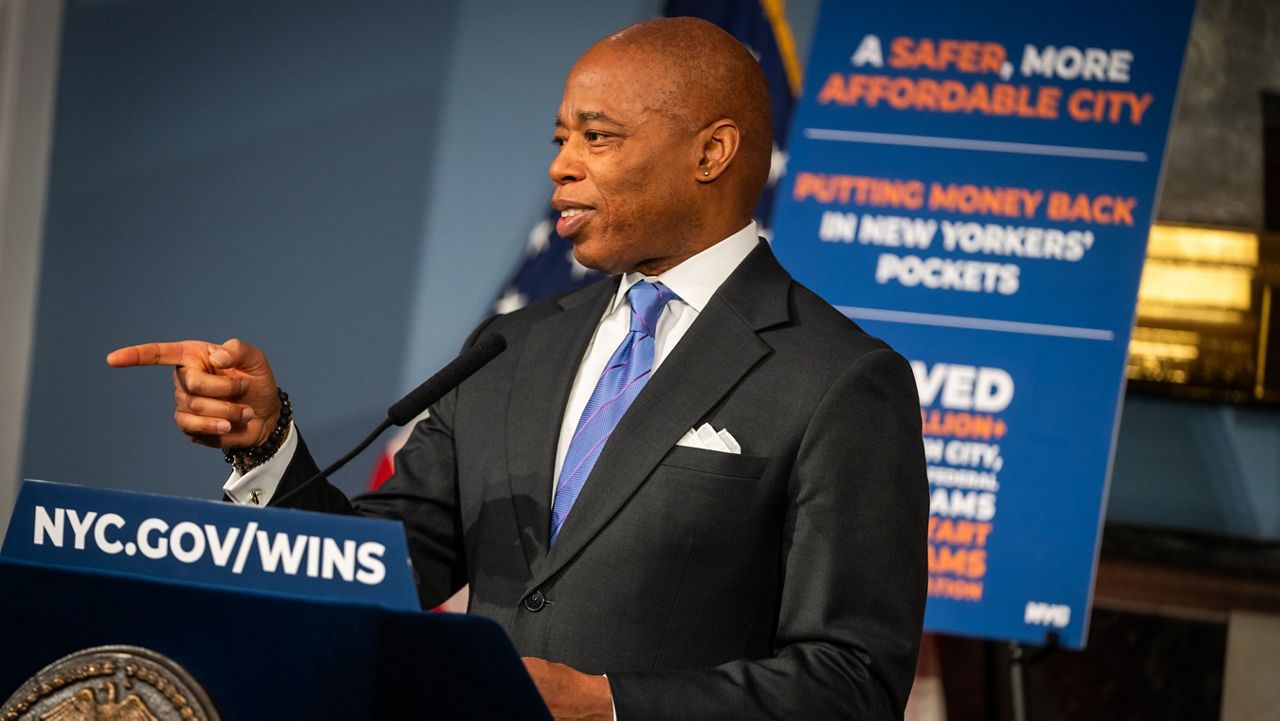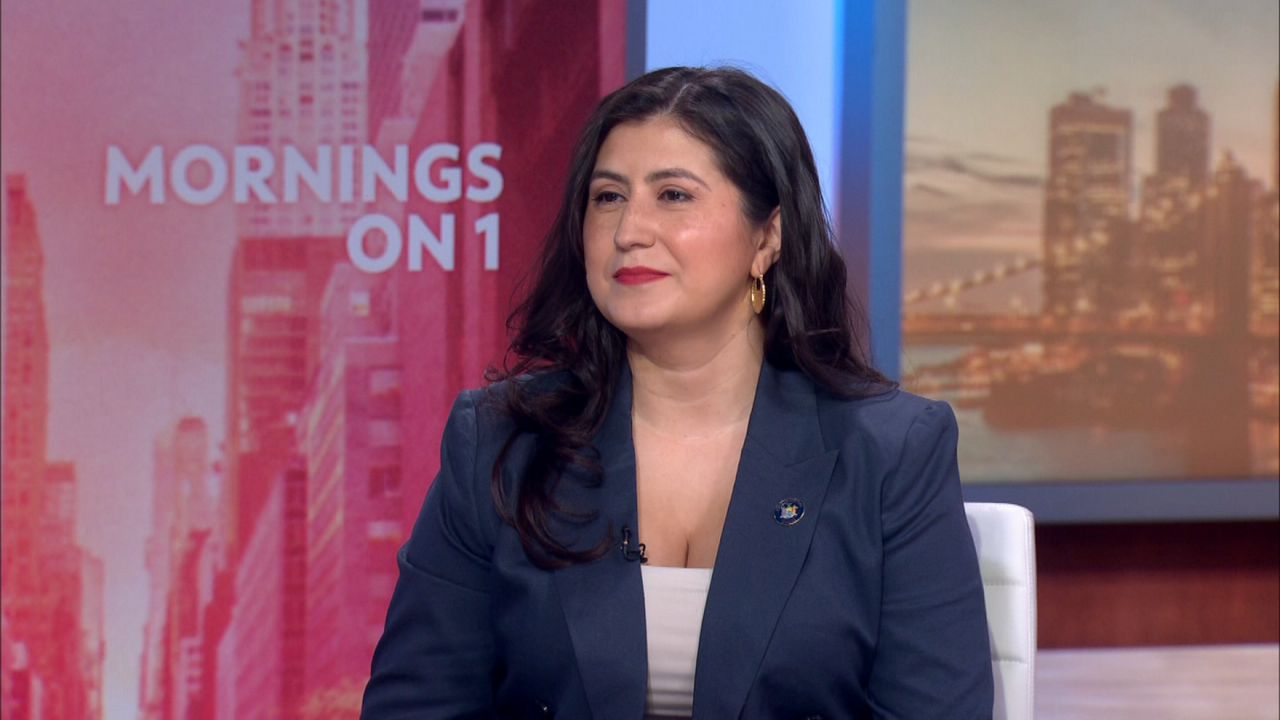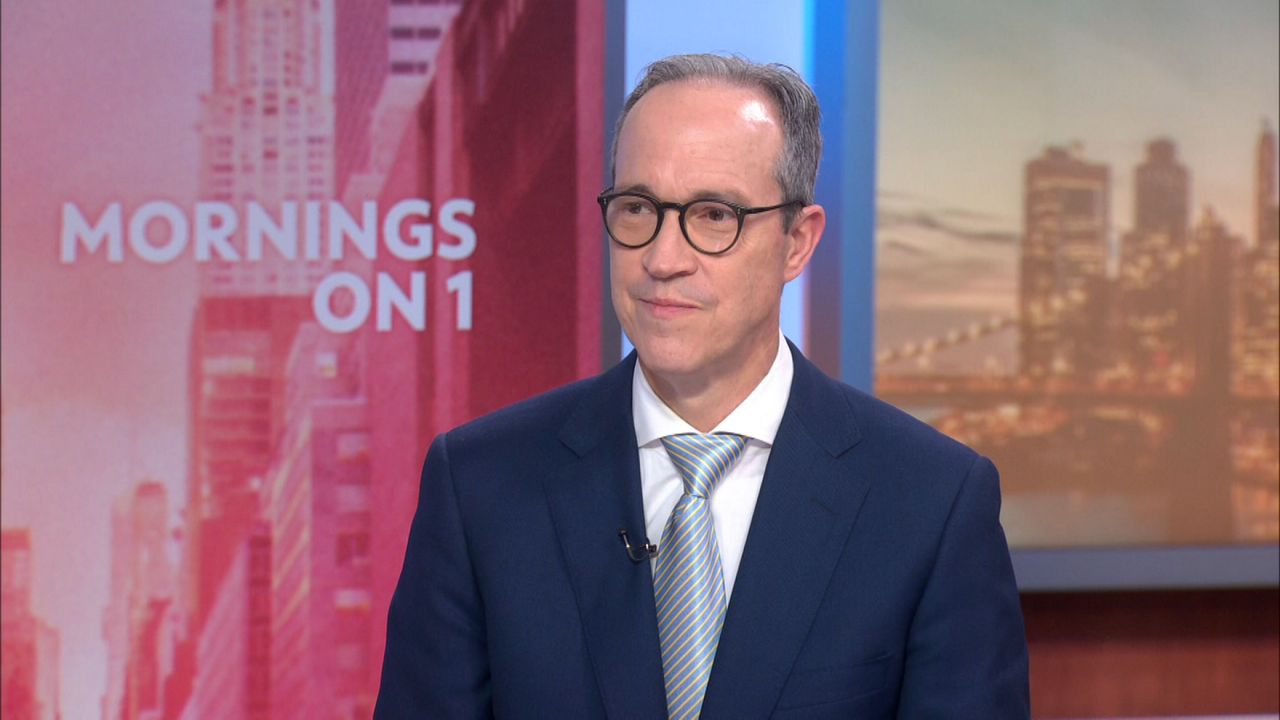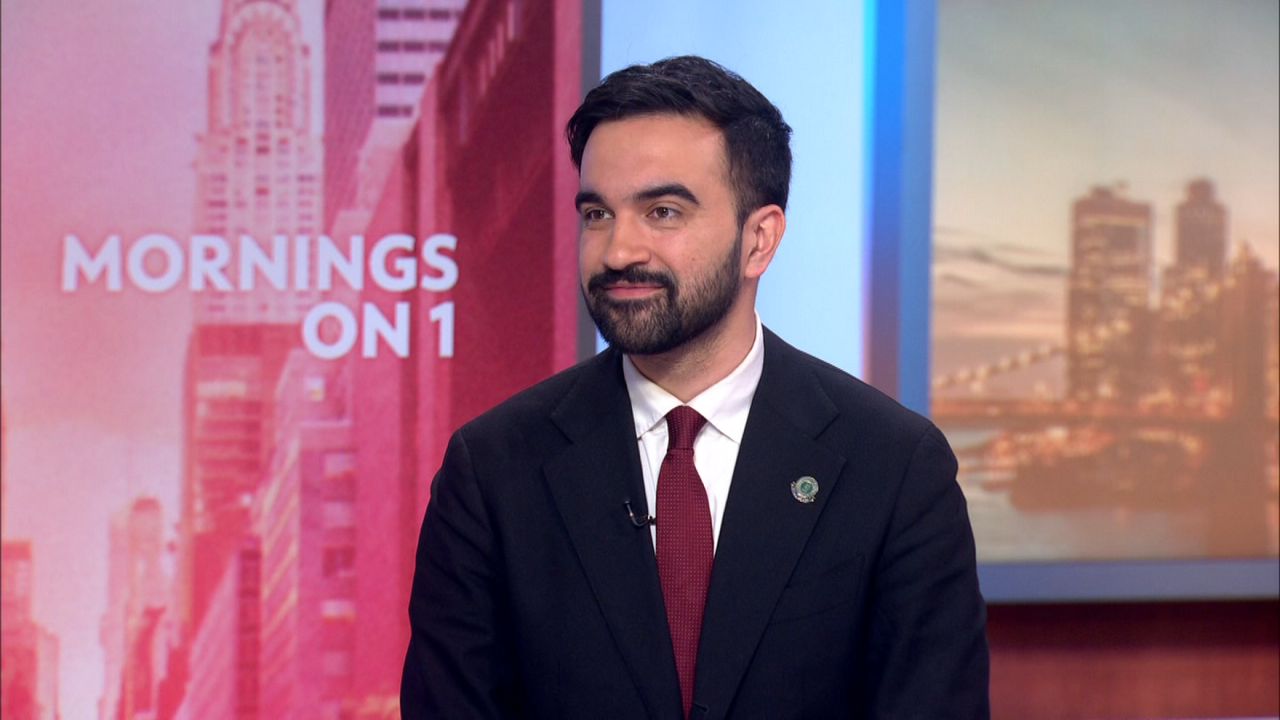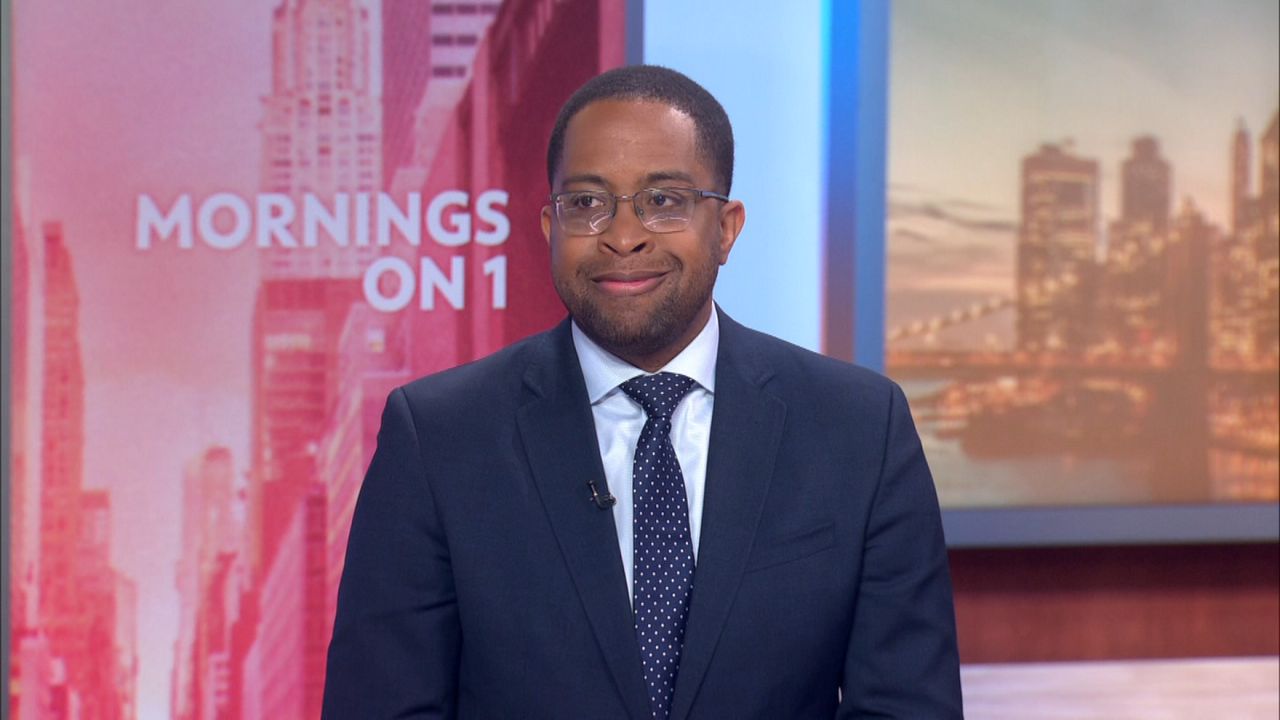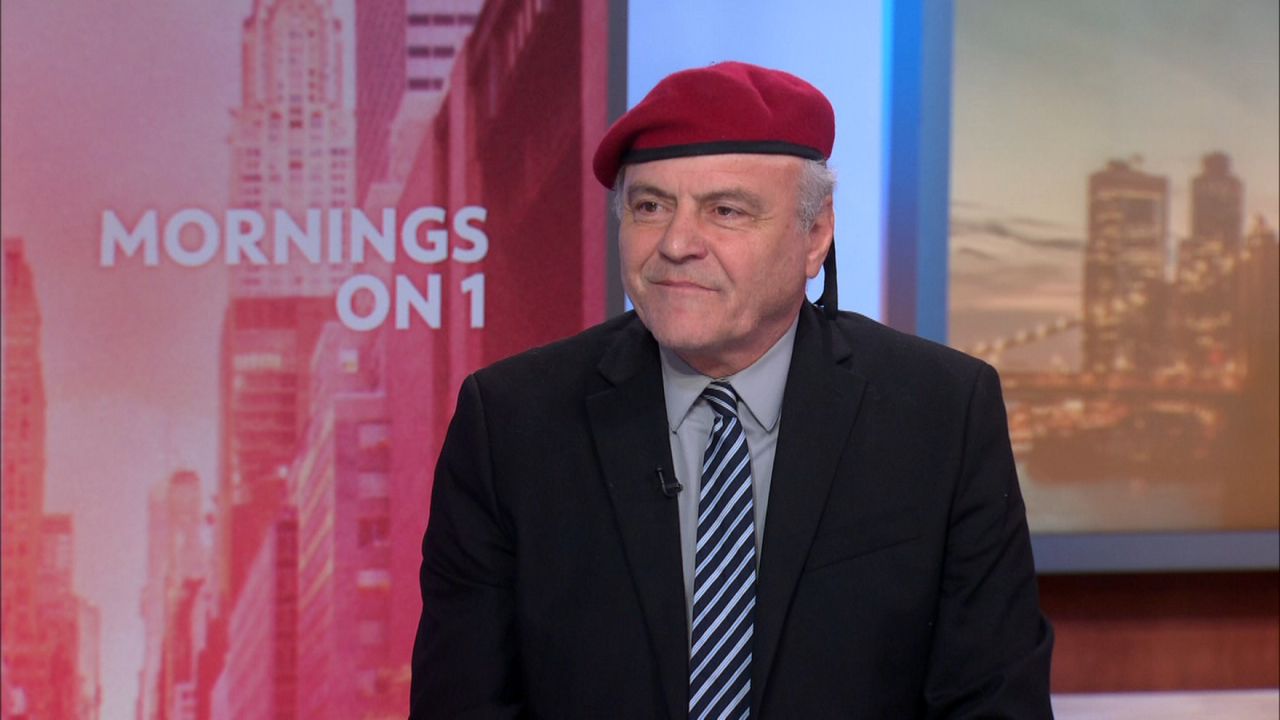Between now and the start of primary voting in June, NY1 will take a closer look at the key issues in the race for mayor.
This week’s topic is homelessness, a persistent challenge in New York City for generations.
The candidates for mayor are making promises to address the crisis, but the issue is complex.
Each year since 2018, the population of city homeless shelters has ranged between 50,000 and 60,000, consisting of both single adults and families with children.
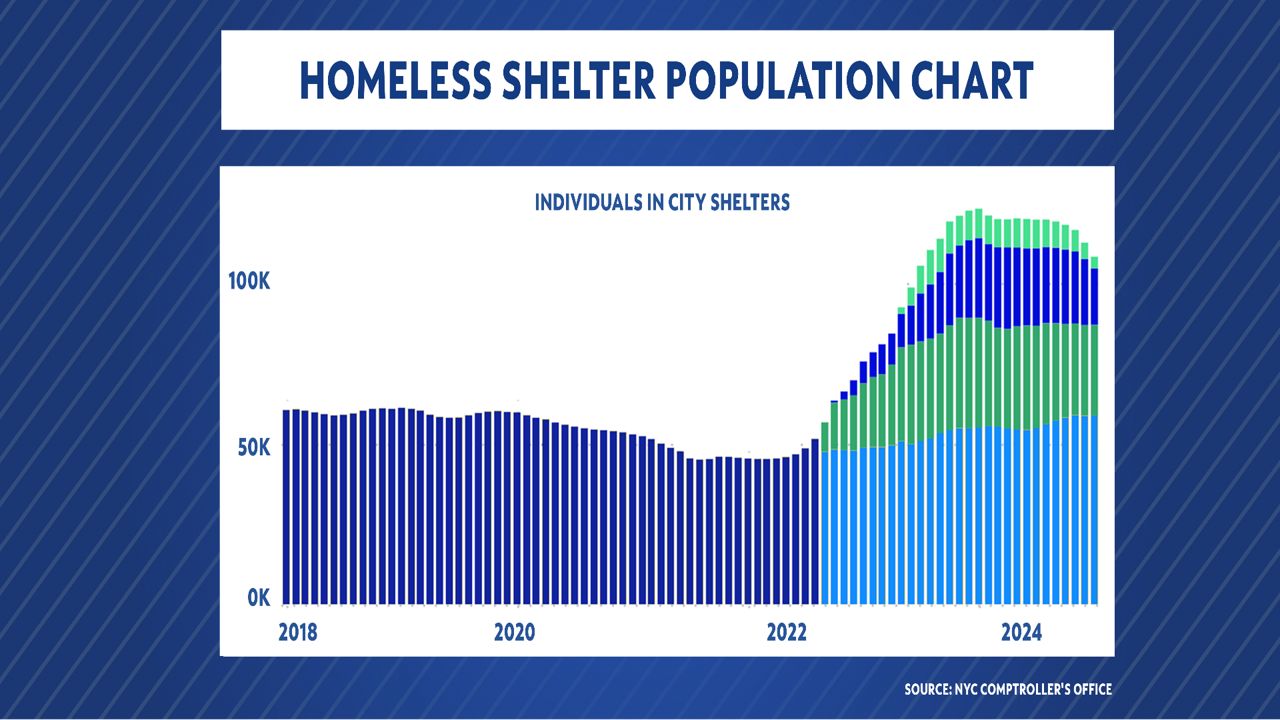
In 2022, the arrival of tens of thousands of asylum seekers dramatically increased the number of people in the shelter system, more than doubling its population.
There is also the issue of unsheltered homelessness—people who sleep on the streets, in the subway or other public spaces. While it is difficult to determine the exact number, the city’s annual HOPE count estimates this population is typically between 3,500 and 4,000.
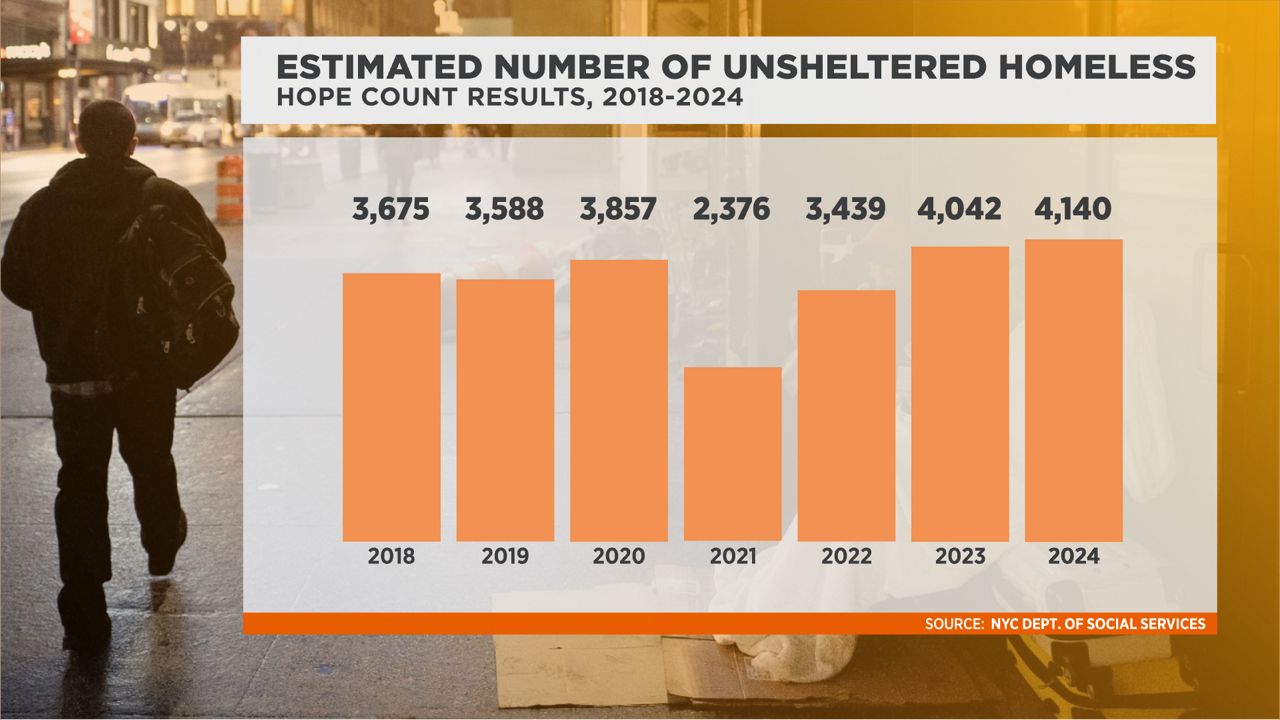
NY1 recently spoke with David Giffen, the executive director of the Coalition for the Homeless, who says the crisis is closely tied to the city’s lack of affordable housing.
“New York City has a budget of more than $100 billion a year. And it’s a matter of prioritizing where we’re spending our resources. Past mayors have simply not prioritized this as an issue, which is why, for nearly five decades, we’ve had this problem that has continued to grow,” he said. “The next mayor has to invest in building more affordable housing for homeless and extremely low-income New Yorkers.”
The Coalition for the Homeless also notes that “the majority of unsheltered homeless individuals are people living with a mental illness or other severe health problems.”
In response to concerns about untreated mental illness, Gov. Kathy Hochul recently proposed changes to state law that would expand the use of involuntary commitments, giving authorities more power to place people into mental health treatment against their will.
Another challenge in addressing homelessness is community resistance to new shelters. Efforts to open shelters often face backlash from residents, whether in Billionaire’s Row in Manhattan, Gravesend in Brooklyn, College Point in Queens or Staten Island.
We’ll continue our issue-by-issue review of the election in the weeks ahead.




